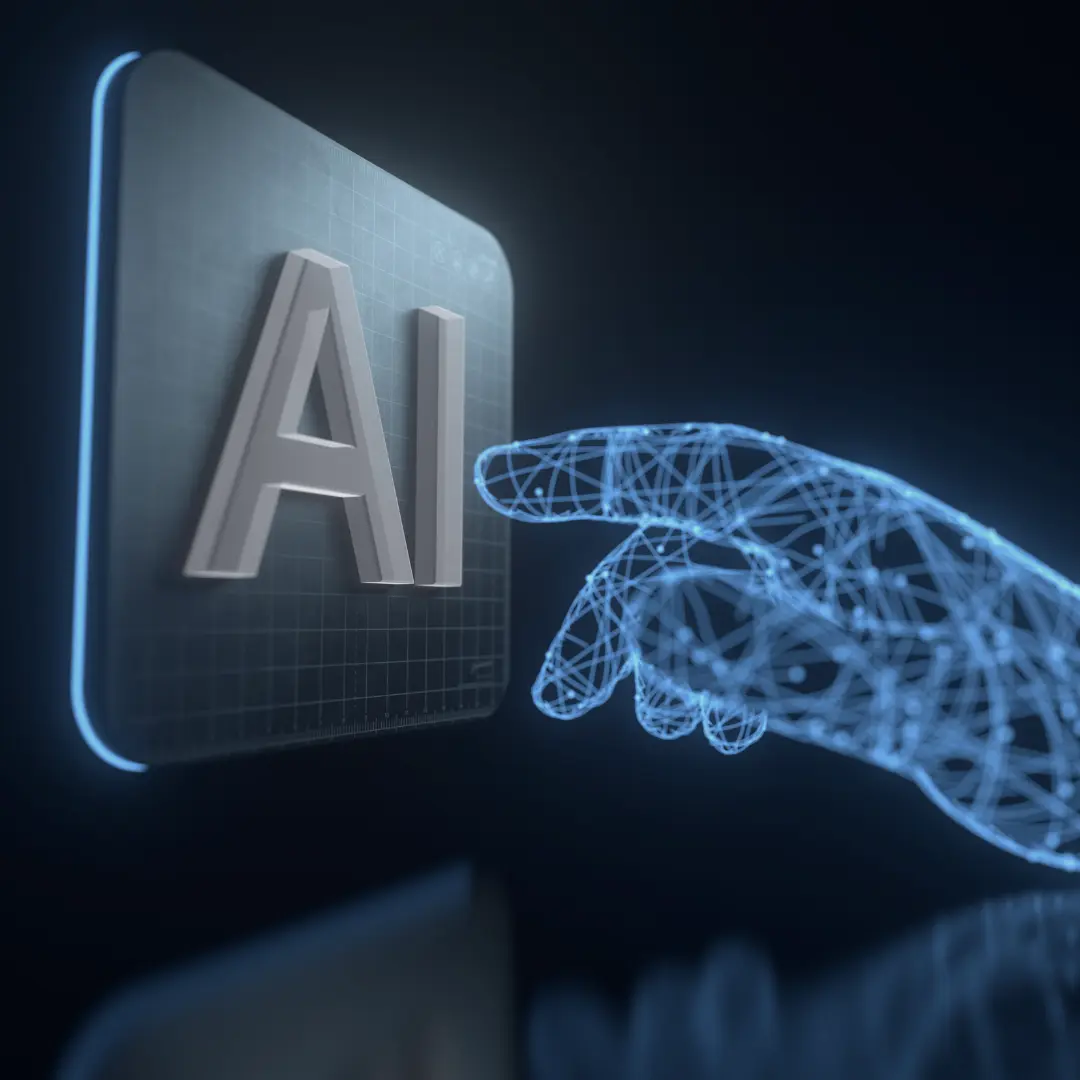Can AI Agents help in Scanning the Skies for finding Habitable Worlds?
The search for habitable worlds beyond our solar system has captivated scientists and enthusiasts, driven by the question: Are we alone in the universe? For decades, exoplanet discovery relied on labor-intensive manual analysis. Now, AI agents in exoplanet discovery are revolutionizing this process. These intelligent systems, capable of autonomous decision-making and real-time data processing, are accelerating the identification of Earth-like planets with unprecedented precision.
This blog explores how agentic AI is transforming exoplanet research, from detecting subtle planetary signals to enhancing telescope collaboration, and outlines its potential for future breakthroughs.
What Are AI Agents?
AI agents are advanced systems designed to operate autonomously, learn from data, and make decisions in dynamic environments. Unlike traditional AI, agentic AI integrates deep learning, reinforcement learning, and natural language processing to:
Perceive astronomical data from telescopes and simulations.
Reason about complex patterns, such as light curves or spectral signatures, to identify exoplanets.
Act independently to optimize workflows, from observation targeting to data analysis.
In exoplanet research, AI agents serve as digital astronomers, processing massive datasets and identifying planetary candidates to accelerate scientific discoveries.
The Evolution of Exoplanet Discovery
Early Days: Manual Methods
The first exoplanet discovery in 1992 marked a new era, relying on techniques like radial velocity and transit photometry. These methods, while groundbreaking, required slow, manual analysis by astronomers.
The Kepler Revolution: Big Data Arrives
NASA’s Kepler Space Telescope (2009–2018) monitored over 150,000 stars, generating vast datasets. Early machine learning tools helped process this data, identifying thousands of exoplanet candidates.
Enter Agentic AI
Today, AI agents in exoplanet discovery are advancing research by:
Detecting faint planetary signals in noisy data.
Assessing habitability based on planetary and stellar properties.
Coordinating observations across multiple telescopes.
How AI Agents Power Exoplanet Discovery
1. Automated Signal Detection
AI agents excel at identifying subtle planetary signatures:
Deep learning models, like Google’s ExoMiner, analyze light curves, identifying hundreds of exoplanets in Kepler data.
Anomaly detection flags irregular transit patterns, uncovering exotic planetary systems.
Real-time processing in missions like TESS enables rapid candidate identification.
2. Habitability Assessment
AI evaluates planets for potential habitability by analyzing:
Planetary characteristics (size, mass, orbital distance) to identify habitable zone candidates.
Stellar properties to assess climate stability.
Atmospheric data from telescopes like JWST for biosignatures (e.g., water vapor, oxygen).
3. Collaborative Workflows
AI agents streamline global observatory efforts:
Optimize telescope scheduling for assets like Keck, VLT, and JWST.
Integrate data from radial velocity, transit photometry, and direct imaging.
Support human-AI collaboration via platforms like Zooniverse.
4. Predictive Modeling
AI guides survey strategies:
Reinforcement learning identifies high-potential sky regions.
Prioritizes targets like M-dwarf stars, promising for habitable planets.
Benefits of AI Agents in Exoplanet Discovery
Speed and Scale: AI processes petabytes of data in hours.
Accuracy: Reduces false positives with advanced algorithms.
Cost Efficiency: Automates tasks, lowering operational costs.
Discovery Potential: Uncovers faint signals missed by traditional methods.
Accessibility: No-code and open-source tools empower smaller research teams.
Challenges and Limitations
Data Quality: Noisy or incomplete datasets can hinder AI performance.
Interpretability: Deep learning “black boxes” challenge scientist trust.
Computational Demands: Large AI models require significant resources.
Training Bias: Skewed datasets may bias predictions.
Validation: AI candidates need human verification and follow-up.
Real-World Applications
NASA’s TESS Mission
TESS uses AI agents to analyze light curves from millions of stars, with tools like ExoMiner identifying thousands of habitable zone candidates.
James Webb Space Telescope
JWST’s spectroscopy data is processed by AI to detect biosignatures, accelerating habitability assessments.
Ground-Based Observatories
Facilities like the Very Large Telescope (VLT) and Keck use AI to optimize schedules and analyze radial velocity data.
Citizen Science & AI
Platforms like Zooniverse combine AI with human volunteers for large-scale light curve classification.
The Future of AI in Exoplanet Discovery
Next-Gen Telescopes: Missions like the Nancy Grace Roman Space Telescope and ESA’s PLATO will rely on AI for data analysis.
Swarm Intelligence: AI agent networks could scan the skies collaboratively.
Cross-Disciplinary Applications: AI techniques may advance climate science and medical imaging.
Broader Participation: No-code AI tools will empower smaller institutions and citizen scientists.
Conclusion: Scanning the Skies with AI
AI agents in exoplanet discovery are enabling astronomers to explore the cosmos at unprecedented scale. Through automated detection, habitability assessment, and collaborative workflows, these systems are accelerating the search for life beyond Earth. As telescopes like the Nancy Grace Roman and PLATO come online, no-code AI platforms will further democratize discovery, bringing us closer to answering: Are we alone in the universe?
About the Author

Satish Ganesan
Satish Ganesan is a seasoned Delivery Management Professional and a key contributor to a no-code AI platform focused on enterprise automation. With expertise in delivery management, IT operations, and process optimization, Satish helps organizations streamline workflows and achieve operational excellence.
He focuses on bridging technology and business needs, leveraging agentic AI to drive efficiency and innovation. His passion lies in enabling enterprises to adopt AI-driven solutions that automate routine tasks, enhance decision-making, and ensure data privacy, all while integrating seamlessly with existing systems. Through his insights, Satish is committed to helping businesses unlock scalable, secure automation tailored to their needs.




